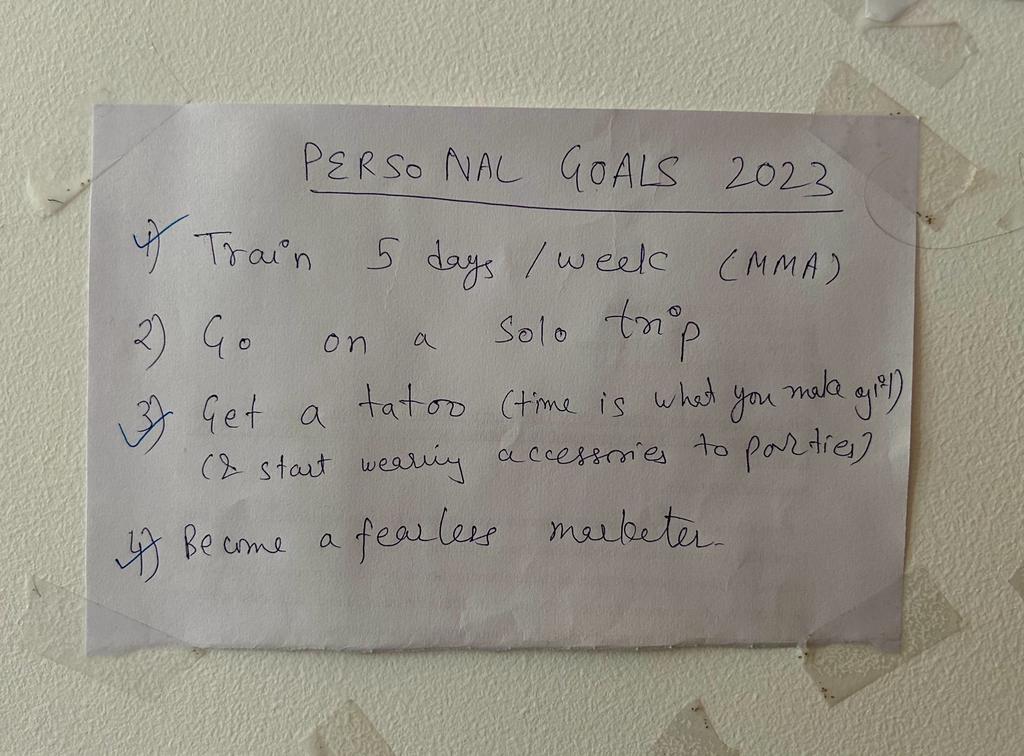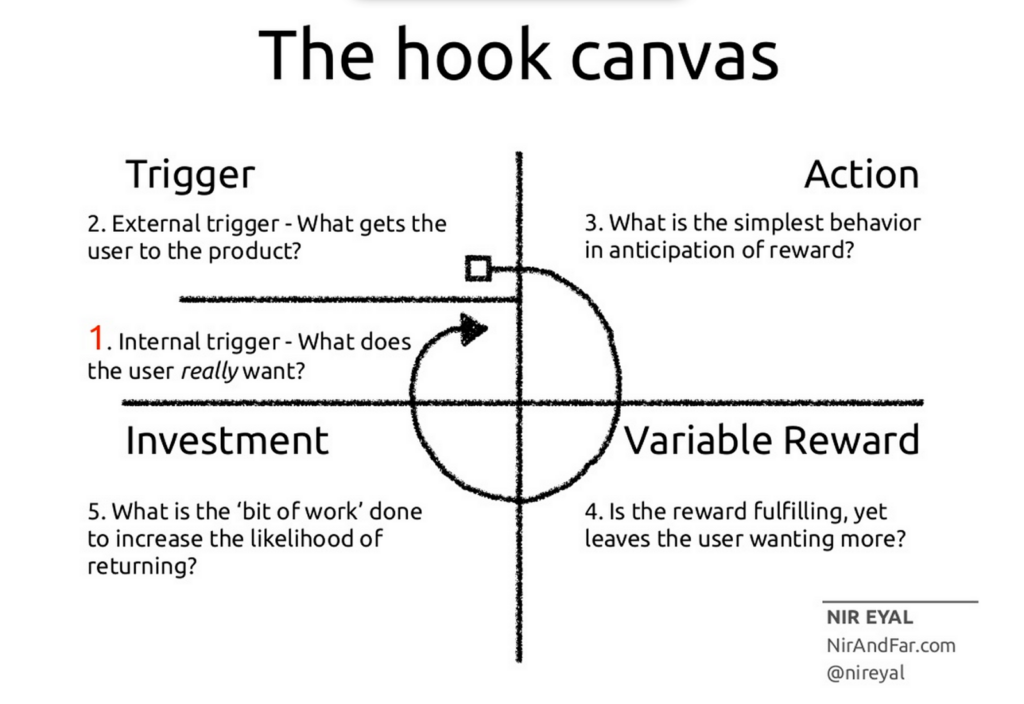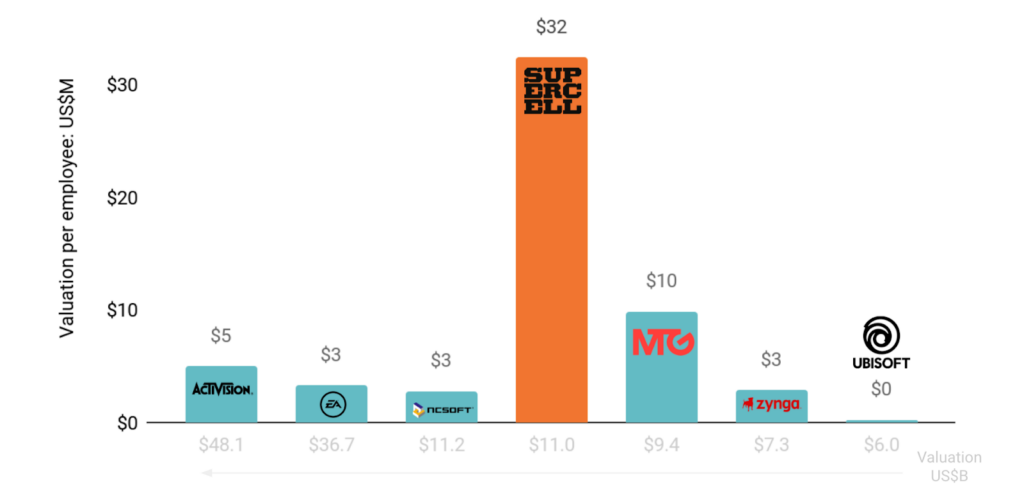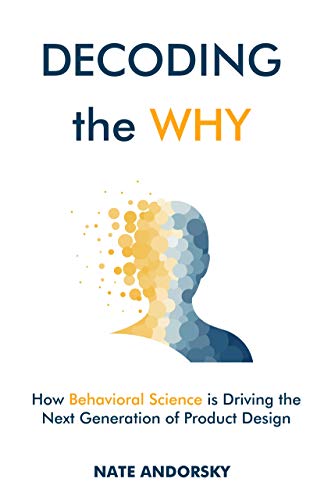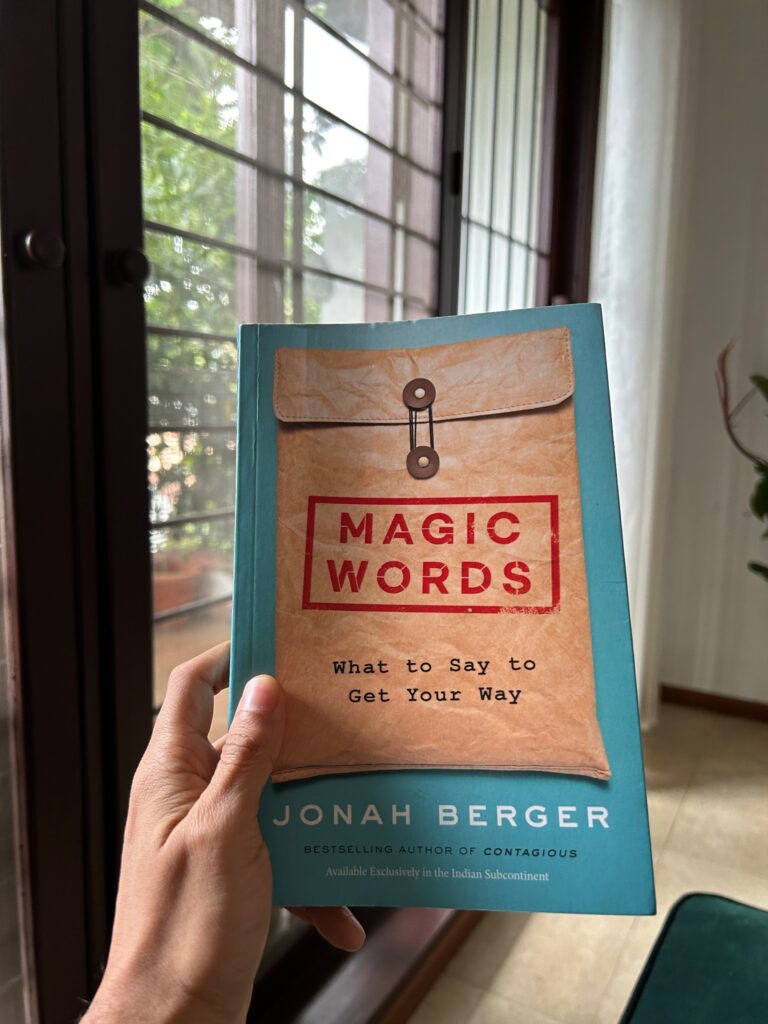1/ I’ve been mega-obsessed with this feeling.
A year as a 36-year-old seems so much shorter as compared to when I was a kid or even as a teen.
It seems cosmically unfair – we have fewer years to live, and each year flies by faster.
2/ But, why is that happening?
My tentative conclusion is that it’s an unfortunate outcome of how evolution shaped our brain to be an efficient storage device.
3/ Our brain is a prediction device.
Its top job is to construct a model of the world so that we get a survival and reproductive edge. ...

